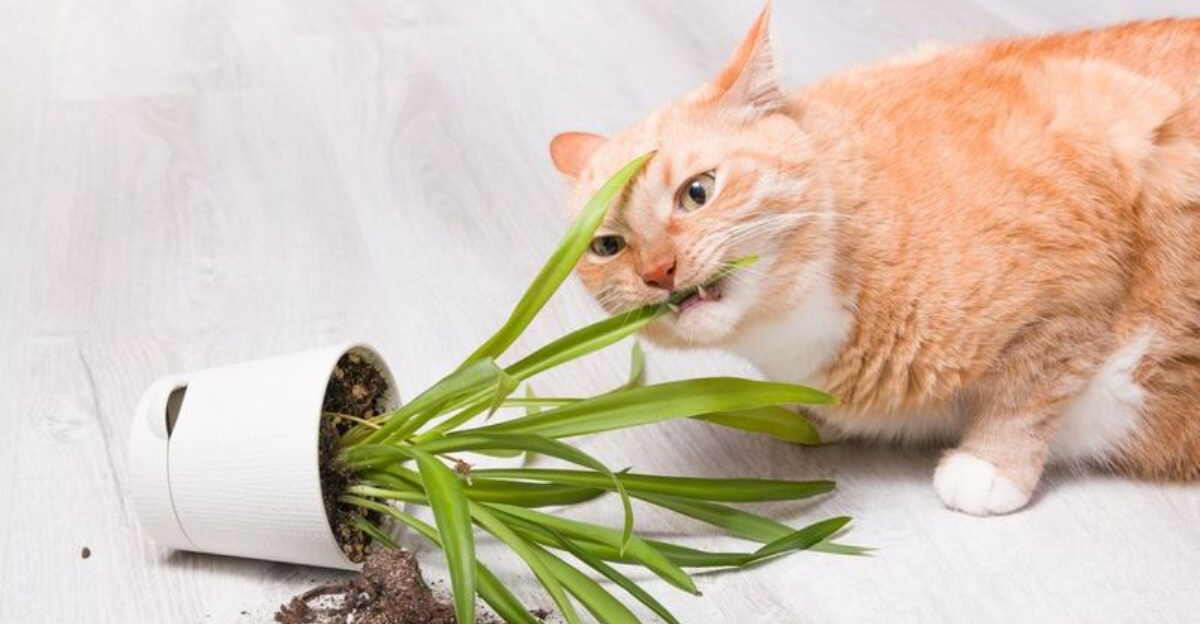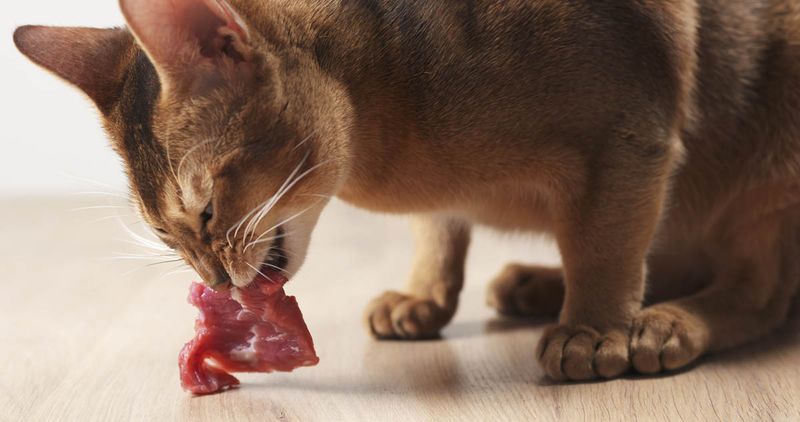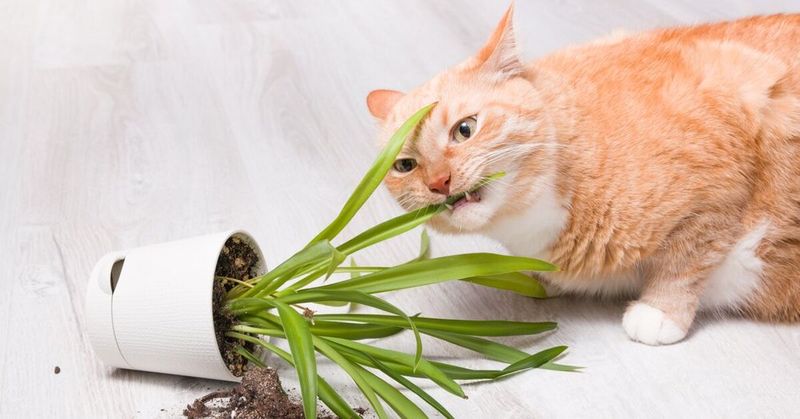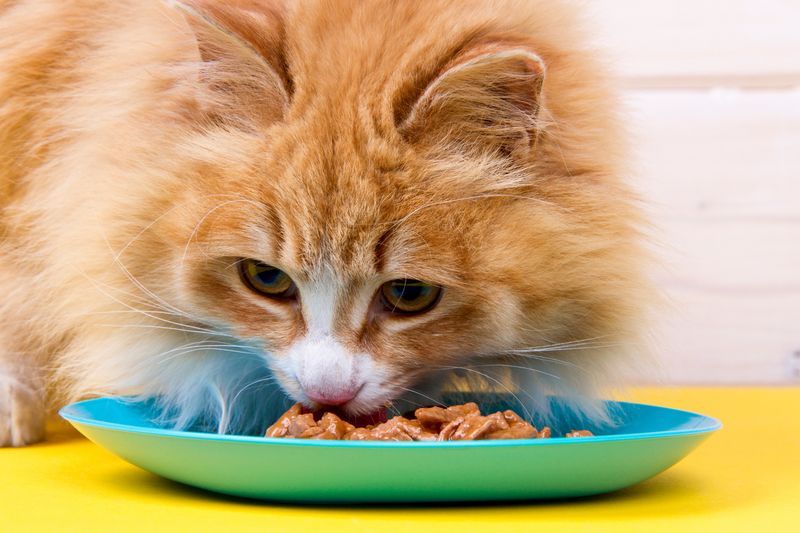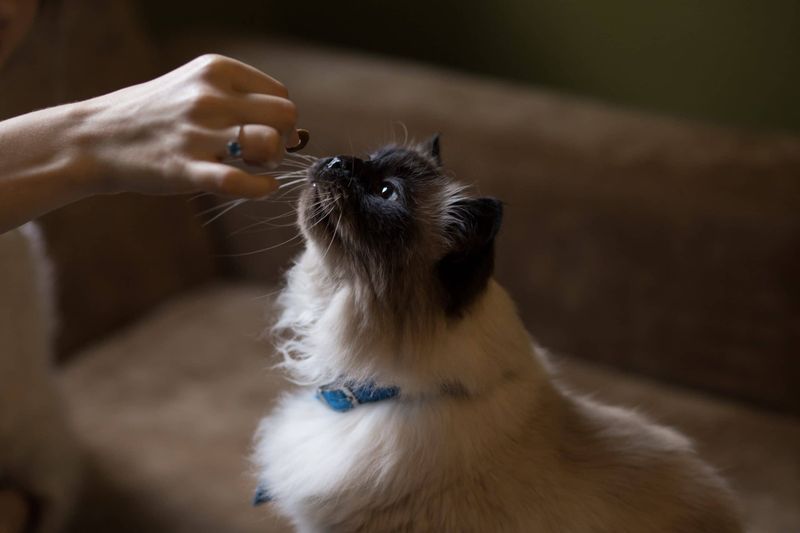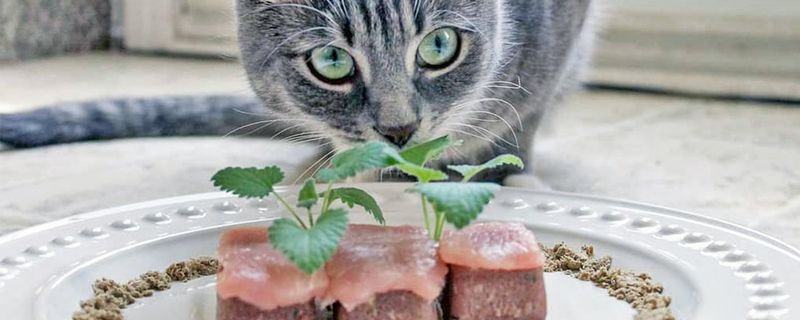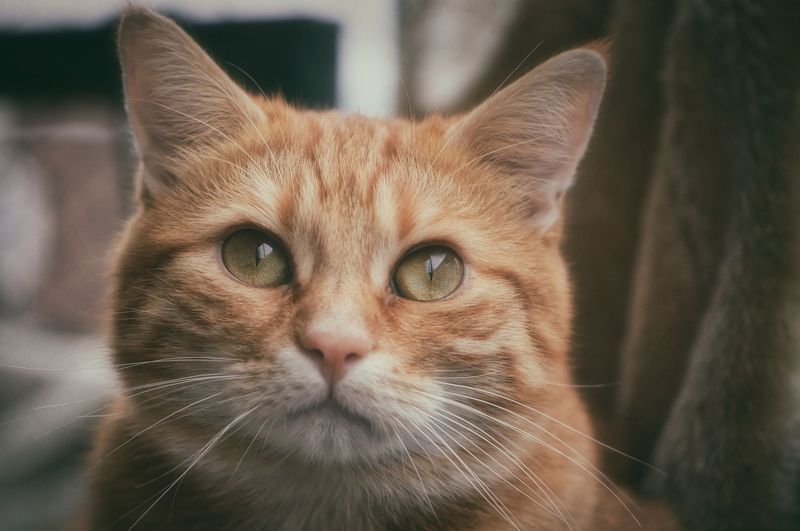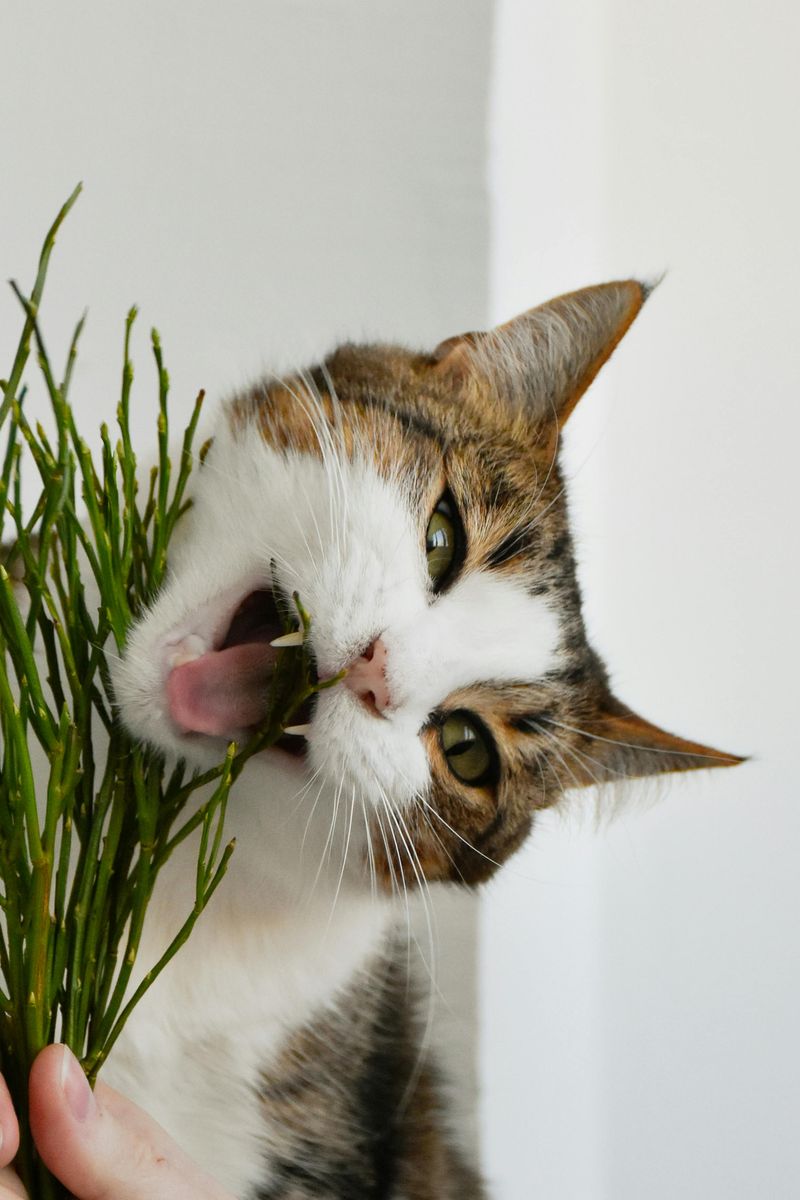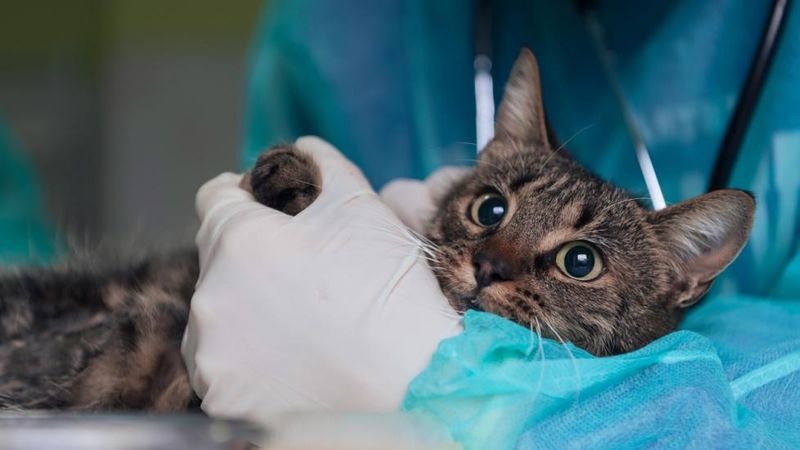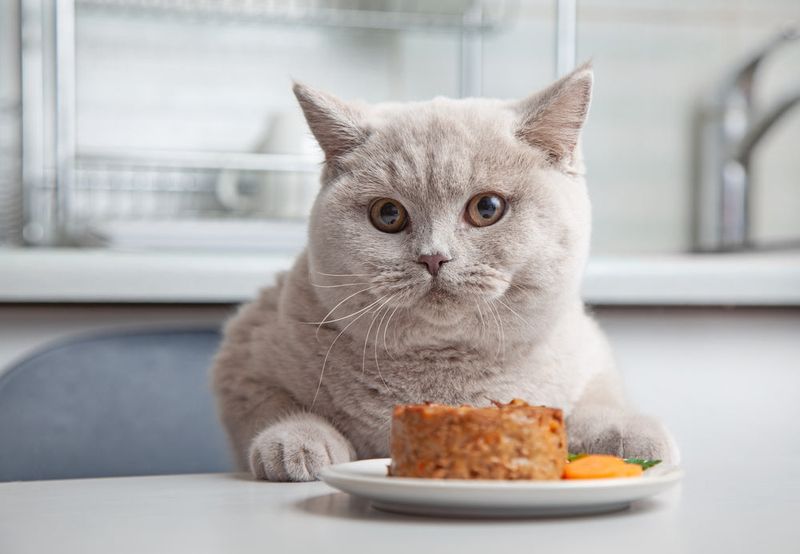📖 Table of Content:
- 1. Cats Are Obligate Carnivores
- 2. Taurine Deficiency Is Life-Threatening
- 3. Vitamin A in Plant Form Is Useless to Cats
- 4. Arachidonic Acid Is Missing in Plant Foods
- 5. Protein Needs Are Higher Than for Other Animals
- 6. Digestive Systems Aren’t Built for Plants
- 7. Synthetic Supplements May Not Be Bioavailable
- 8. Risk of Urinary Tract Issues Increases
- 9. Ethics Can’t Override Biology
As more people embrace plant-based living, it’s natural to wonder if our furry companions can join us in making compassionate choices. Veganism, often motivated by ethics, health, or sustainability, has become a lifestyle for many humans. But when it comes to feeding our pets — particularly cats — the question becomes more complex and biologically rooted.
Cats are not small humans with fur. They are obligate carnivores — meaning their bodies are hardwired to require nutrients that only come from animal sources. While dogs may have evolved to tolerate a more omnivorous diet, cats remain true meat-eaters. Attempting to switch them to a plant-based diet may stem from good intentions, but it can lead to unintended and dangerous consequences.
In this article, we’ll explore nine crucial insights that explain why vegan diets are not only unsuitable but potentially harmful for cats. From essential nutrients they can’t synthesize to the unique structure of their digestive systems, we’ll unpack the science that pet owners need to know before considering a plant-based path for their feline friends.
1. Cats Are Obligate Carnivores
To understand feline nutrition, one must begin with biology. Cats are what scientists call obligate carnivores, which means they have evolved to depend entirely on meat for survival. Unlike omnivores, their bodies lack the enzymes required to efficiently process plant matter. In the wild, their natural diet consists almost exclusively of small prey like birds and rodents. Over thousands of years, this meat-based diet shaped their physiology and metabolism. As a result, plant-based food simply cannot meet their nutritional needs. While dogs and humans can adapt to various diets, cats do not have that luxury. For them, meat isn’t a preference — it’s a non-negotiable requirement.
2. Taurine Deficiency Is Life-Threatening
Essential to a cat’s well-being is an amino acid called taurine. Found only in animal tissue, taurine supports critical functions such as vision, heart health, and fetal development. Should a cat’s diet lack this nutrient, the consequences can be severe. In many cases, taurine deficiency leads to dilated cardiomyopathy, a dangerous heart condition. Even more alarmingly, prolonged deficiency may result in irreversible blindness. Although some vegan pet foods add synthetic taurine, the risks of improper dosing remain high. Given the stakes, it’s clear that relying on supplements instead of natural sources is a gamble. A deficiency in taurine isn’t just problematic — it’s potentially fatal.
3. Vitamin A in Plant Form Is Useless to Cats
Most people obtain vitamin A by converting beta-carotene from vegetables like carrots. However, cats do not have the necessary enzymes to perform this conversion. Instead, they require preformed vitamin A, which is found in animal liver and fat. This nutrient supports healthy vision, immune function, and cell growth. A plant-based diet simply cannot provide this in a usable form for cats. Without sufficient vitamin A, they may suffer from poor night vision, dry skin, and stunted growth. Some symptoms may take time to appear, making early detection difficult. That’s why proactive nutrition is so critical for feline health.
4. Arachidonic Acid Is Missing in Plant Foods
There’s another nutrient cats can’t synthesize: arachidonic acid. This essential omega-6 fatty acid is vital for managing inflammation, skin health, and reproductive function. It is found only in animal fats, and without it, cats are prone to dry, flaky skin and poor healing. Reproductive health may also be compromised, especially in breeding queens. Despite its importance, arachidonic acid is often overlooked in commercial vegan pet food formulations. Supplementing it artificially poses challenges in stability and absorption. The absence of this nutrient further highlights the risks of removing meat from a cat’s diet. For truly optimal health, cats must have access to animal-derived fats.
5. Protein Needs Are Higher Than for Other Animals
Unlike many mammals, cats have a high baseline requirement for protein. Their livers constantly metabolize amino acids at a rate that demands a steady intake of complete proteins. Unfortunately, most plant proteins fall short in essential amino acids like lysine and methionine. Even when combined, plant-based sources rarely deliver the quality or bioavailability that cats require. Furthermore, low-protein diets may lead to muscle wasting and immune suppression. It’s not simply about quantity — the quality and completeness of the protein matter deeply. Meeting these needs with plant-based food would require complex formulations and risky guesswork. Cats depend on animal protein not by preference, but by evolutionary design.
6. Digestive Systems Aren’t Built for Plants
Look inside a cat’s mouth, and you’ll notice sharp teeth designed for tearing flesh, not grinding grains. Their short, acidic digestive tracts are specialized for quickly breaking down raw meat. In contrast, they lack the salivary enzyme amylase, which helps digest carbohydrates in omnivores and herbivores. Feeding a cat a plant-based diet introduces more fiber and starch than their systems can comfortably handle. This often results in bloating, diarrhea, or other gastrointestinal problems. Over time, the excess carbs can also lead to obesity and diabetes. These digestive differences are not minor quirks — they’re fundamental traits. Cats aren’t just bad at processing plants; they’re biologically unequipped for it.
7. Synthetic Supplements May Not Be Bioavailable
Though some vegan pet food manufacturers add synthetic versions of critical nutrients, bioavailability remains a major concern. Just because a nutrient is present doesn’t mean it’s absorbable or usable by the body. Cats may struggle to metabolize certain lab-made compounds, especially if the formulation isn’t precise. What’s more, synthetic versions often lack the cofactors found in natural animal sources. This means even a seemingly complete vegan food could still leave gaps in nutrition. Over time, these invisible deficiencies may quietly erode a cat’s health. Supplementation can help, but it is not a foolproof substitute. Nature tends to package nutrients in ways that science still struggles to replicate.
8. Risk of Urinary Tract Issues Increases
Male cats in particular are vulnerable to urinary tract blockages, a condition that can quickly become life-threatening. A proper meat-based diet helps maintain the acidic pH balance in a cat’s urine, which prevents crystals from forming. Plant-based diets often tilt that balance toward alkalinity, increasing the risk of struvite crystal buildup. Even mild imbalances can lead to discomfort, frequent urination, or blood in the urine. Left untreated, blockages can result in kidney damage or death. Diet plays a central role in preventing these painful outcomes. While hydration helps, the foundation must be nutritional. Vegan diets create an environment that is chemically unsuitable for feline urinary health.
9. Ethics Can’t Override Biology
For many pet owners, feeding their cat a vegan diet is a well-meaning ethical decision. However, ethics must be balanced with the biological reality of the animal in question. Unlike humans, cats don’t have the cognitive ability to choose their lifestyle — they rely on us for appropriate care. Choosing a diet that compromises their health in service of human values can lead to suffering, not sustainability. Veterinary professionals overwhelmingly discourage vegan diets for cats due to these concerns. Compassionate choices should include meeting the natural needs of the animals in our care. In the end, forcing a vegan diet on a cat is a contradiction of the very compassion it seeks to express. True kindness considers both values and biology.
